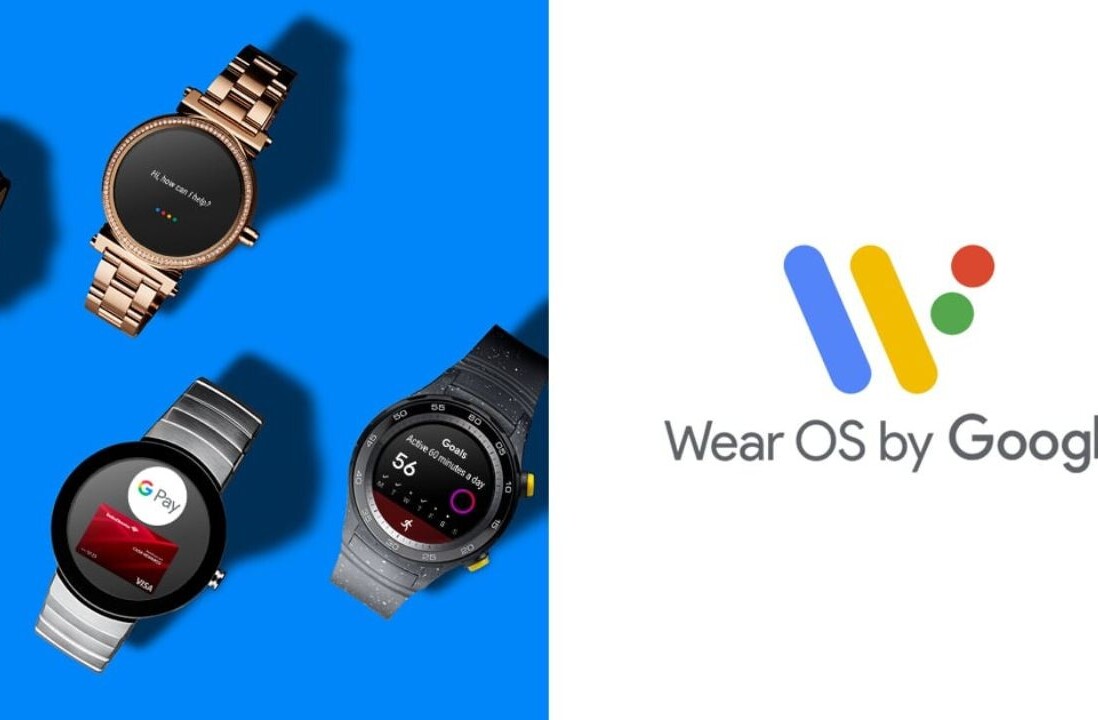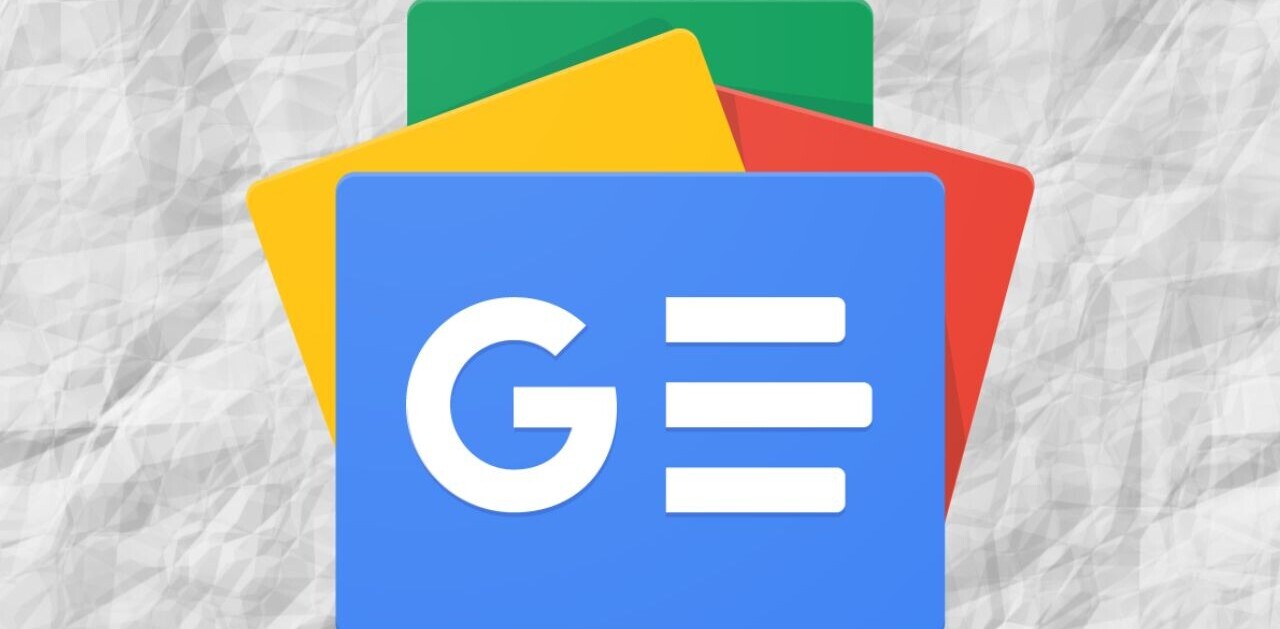
Does that headline excite you? Well, according to a recent study, there are a lot of you that would happily hand over the responsibility of keeping your money safe to either Google, Facebook or Amazon. But weirdly, not Apple?
According to a poll carried out by Fujitsu – who themselves have a finance division – 20 percent of respondents said they would use Facebook, Google or Amazon to buy banking or insurance services if available.
The reason behind the response, according to TechRadar, is that they expect big banks to keep rolling out technology innovations at the same pace that tech companies do.
Failing to do so, would mean 37 percent would leave their banking or insurance provider. But how likely is it that one of these big tech companies will move into big finance? Well, Google has been flirting with the idea through a series of small, but significant financial services.
A bank of Google?
There’s Android Pay – which is essentially an interface between your existing credit and debit cards, your phone and NFC card readers in stores – Google Wallet, which is an older, clunkier version that Pay was supposed to replace. There’s a great piece on the difference between the two over on Android Central.

Then there’s other things like a mortgage calculator available through search. You can also send money through Google, too. Facebook does the same.
Amazon has taken a step further than both by offering loans to thousands of invited sellers in its market place. So we can assume these companies have an appetite for finance.
But there are several glaring reasons why we won’t ever have to write the headline, “Google opens its first banking branch” on TNW anytime soon.
The first and most obvious one is regulations. They are so long and convoluted that in Britain, arguably the world’s financial and currency hub, before 2010 there had not been a single banking license granted in more than 100 years.
Admittedly, things have picked up a bit – but it still took a small private bank more than four years to get its license last year. That’s just for Britain.
In America, to operate as a bank you can’t negotiate with just the government. You have to go from state-to-state applying for a charter to do business. You can find out more about how arduous that is over here.
Now imagine doing that from country to country. This is a slow, cumbersome business. Not very Google, Amazon or Facebook.
The boring business of banking
The second major reason is pissing off giant financial institutions by launching a direct competitor is a very silly idea.
A quick and decisive response to a Google or Facebook bank would be to remove support. So if Barclays didn’t like the cut of Facebook’s jib, it could easily tell its 48 million global customers that it no longer is going to let them send money through the social network.

That’s a pretty big hole to fill for any company, even Facebook.
Alternatively, the financial industry can lean on the US Chamber of Commerce, who spend more than a billion dollars lobbying the US government on things it doesn’t agree with, like climate change, and letting banks who did bad business during the credit crunch fail.
As a comparison, the tech industry spends 100 times less.
The third and most interesting reason for Google et al to not open a bank is that there are so many other ways of capturing financial data without having to build a bank.
One such company is Curve. It allows users to combine all their existing cards from different banks into one card that is accepted everywhere. It then presents all of that data on your phone, in real time.
Mondo, another British start-up has created a card that you can use like the one a bank would issue but without the hassle.
The problems with everyday banking for consumers, in my view, is down to basic things: convenience, customer service and a vested interest in you not maxing out your credit cards or being fined for going into your overdraft. So, in tech terms, its UX and customer service.
Amazon for one prides itself on those two things, and could easily roll out a service that is, quick, easy to use and offers more one-on-one guidance to better money management.
In March 2015 the Economist Intelligence Unit, when conducting a survey of the retail banking sector, found 25 percent of respondents felt technology could most effectively help banks know their customers better, and knowing people is Google’s business already.
The banking industry hasn’t really grabbed onto how much detail a bank statement reveals when it comes to what stage of life a person is at, their hopes, dreams, anxieties and fears.
Google knows that already through what you tap into its search engine. Facebook knows what ethnicity you are purely by what you like. Amazon knows what you want before you’ll buy it.
Google wants payments as it gets the data of the purchase, as does Facebook. Amazon wants it to help push things to you at a later date that you’re more likely to buy. But primarily, it’s about the data and not the amount of transaction.
Banks were built to handle dollars and cents, not bits and clicks.

The University of Cambridge Judge Business School noted the ongoing growth of non-cash payments, despite the financial crisis, and the development of Near Field Communication (NFC) technology used by Google and others.
That means cash reserves and assets will become (marginally) less important than the digital movement (and the context of that movement) of money online.
These big tech companies are in prime position to offer smaller, more constrained financial services without ever becoming what we’d traditionally think of as a bank.
Even the banks think so.
“It is more likely, like you see with Amazon, about being able to offer instalment credit, because you can make a 20-30 per cent return on that with the data you have, without necessarily having to open a branch,” Peter Simon, head of information at Barclays told Computer Business Review.
So while a fifth of you might want a bank of Amazon, in reality, what is more likely to happen is that Amazon will build a bank around you and your purchases, leaving your high street bank to do all the ‘dumb’ work like payment processing, currency exchanges and the like.
Now that is a more exciting future.
Get the TNW newsletter
Get the most important tech news in your inbox each week.





